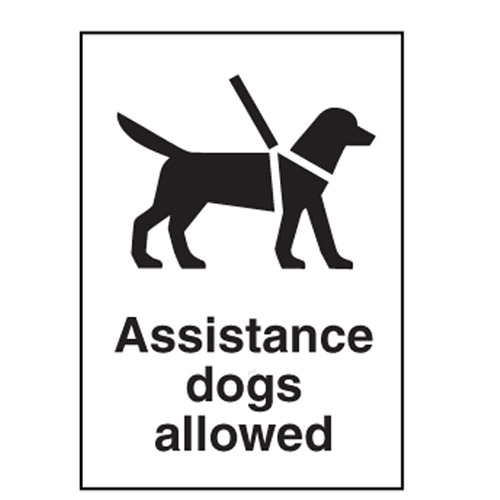Here I am, 20 years old laying on my bed, with the blankets and my medical pillow comforting me. Heavy painkillers at the table next to me, and my walker waiting for me to get up. I’m staring at my laptop screen hoping that I read it wrong, that it was a mistake.
Eleven years old, ginger hair, freckles, braces and being insecure made me the ultimate doormat
of middle school. When the call for getting vaccinated for cervical cancer came the girls in my class weren’t excited at all.
I remember them shouting “It’s not being studied enough”, “only dumb girls go to get vaccinated”.
As always I muted the sound of their commanding voices and went home. My mom explained to me what cervical cancer means and we decided together that I would get the vaccination.
A big building, often used for several events where people go to for fun and to spend their money was turned into a clinic for thousands of young girls. Inside there were rows and rows with fences and at the end of every row stood a small table, with a nurse in blue ready to vaccinate girl after girl at a high tempo. There I stood at the back of the line, holding my father’s hand while girls were passing out and others heavily cried.
“Go sit down and be brave, it’ll be over before you know it” my dad said in his loveliest voice.
I sat down on the chair, looked at all the hundreds of girls still waiting in line.
I closed my eyes and didn’t move a muscle.
After that we went home, just like the other two times. After the second time getting vaccinated, I felt how my body started to change. I was more tired, my muscles weakened and I experienced pain on a daily basis. It was very difficult for me to get out of bed and go to school.
We blamed it on the weather, my period and stress. There was never a doubt in our mind that we made the wrong decision.
Today my mom sent me an article about thousands of girls who were vaccinated with the HPV vaccine, the Human Papilloma Virus vaccine.
In England alone, 8228 girls experienced side effects due to the HPV vaccine and only 2587 were seen as serious.
In reality there are many more cases, just like mine who didn’t blamed it on the vaccine and just moved on while thinking that their bodies failed.
In the article there’s a reference to dr. Manuel Martinez- Lavin, who specializes in chronic pain treatment. He wrote that doctors should be aware of the possibility that the HPV vaccine and illnesses such as POTS or Fibromyalgia could be related.
Fibromyalgia, the illness I was diagnosed with last year, the illness that changed my life.
After the vaccinations my health seem to worsen. I used to love to play outside, go to school, ride my bike and just being young. I had to stop my education and my hobbies. Time passed by and I couldn’t even do the things I love and was slowly losing my independence. Now here we are. There are days I’m bedbound to the pain and the fatigue, unable to get up on my own. Due to the health care system in the Netherlands my girlfriend is forced to be my caretaker.
In a couple of months I’ll get my wheelchair and I’ll be able to do the things I love again.
Please share my story.
I know there are a lot more girls out there who are suffering similar side-effects as mine due to the vaccine and I hope that this article will shine a light on the situation.
Hopefully together we’ll be able to find answers and justice for us all.








